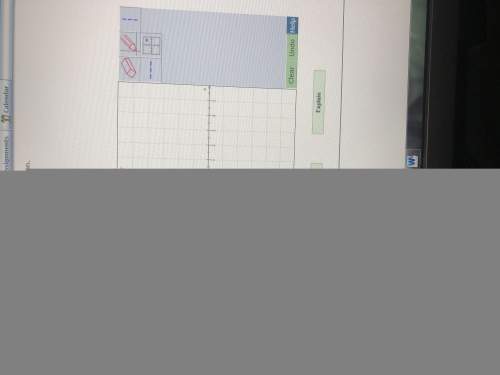Arrange the following numbers in increasing order:
\begin{align*}
A &= \frac{2^{1/2}...

Mathematics, 19.05.2020 02:19, organicmemez
Arrange the following numbers in increasing order:
\begin{align*}
A &= \frac{2^{1/2}}{4^{1/6}}\\
B &= \sqrt[12]{128}\vphantom{dfrac{2}{2} }\\
C &= \left( \frac{1}{8^{1/5}} \right)^2\\
D &= \sqrt{\frac{4^{-1}}{2^{-1} \cdot 8^{-1}}}\\
E &= \sqrt[3]{2^{1/2} \cdot 4^{-1/4}}.\vphantom{dfrac{2}{2}}
\end{align*}
Sorry, it’s in latex. Here is an image, which is easier to see.


Answers: 1
Other questions on the subject: Mathematics

Mathematics, 21.06.2019 12:30, Michael321
The polynomial function of least degree with a leading coefficient of 1 is: f(x) = x3 + ax2 + bx + c
Answers: 1

Mathematics, 21.06.2019 16:20, angelb2472
Consider the function y = f(x)=3^x the values of f(1/2) and f(1/4). rounded to the nearest hundredth, are__and__ respectively
Answers: 3

Mathematics, 21.06.2019 18:00, britneyvaughn219
Agraph of a trapezoid can have diagonals with slopes that are negative reciprocals and two pairs of adjacent sides that are congruent, true or false, and why
Answers: 1
Do you know the correct answer?
Questions in other subjects:

Mathematics, 03.07.2019 16:30

Chemistry, 03.07.2019 16:30



Mathematics, 03.07.2019 16:30





Mathematics, 03.07.2019 16:30









